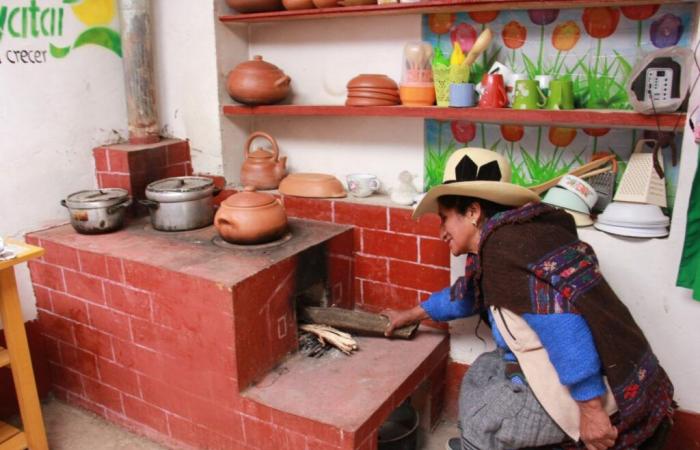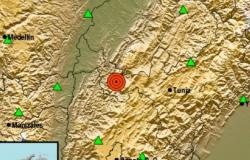By Gianmarco Delgado Sánchez
The head of the National Institute of Statistics and Informatics (INEI), Gaspar Morán, said Thursday that he maintains that poverty will continue to decrease, after making known that the rate fell from 29% in 2023 to 27.6% in 2024.
“I can’t give projections but We are assuming that it will be a better year in 2025 that 2024 and hope that poverty will continue to decrease, “Morán said at a press conference after the presentation of the Poverty figures 2024.
He also stressed that The Peruvian economy has had a good performance in the first months of this year.
“We have some data that are reflecting high growth [de la economía peruana] In the first months, “he added during his speech.
It should be remembered that, according to the Herethe gross internal product (PBI) registered a growth of 4.07% in January of this year compared to similar month of 2024. Likewise, in February he continued showing dynamism with an increase of 2.68% despite having a day less activity, since February 2024 was leap.
Recently, the Minister of Labor and employment Promotion, Daniel Maurateexplained that when the Peruvian economy It shows growth signals, greater jobs are also generated, which in turn has an impact on a decrease in poverty.
-“Every time the National production It grows, employment also grows and poverty falls in Peru, “Maurate said in dialogue with the Andean program a day of Andina Channel online.
Poverty
In 2024, the monetary poverty It affected 27.6% of the country’s population, which is equivalent to 9 million 395,000 people. When presenting the results, the head of the National Institute of Statistics and Informatics stressed that the decrease was mainly recorded in urban areas, where the incidence fell from 26.4% to 24.8%. In rural areas the reduction was 39.8% to 39.3%.
In addition, the real monthly income per inhabitant It grew by 2.3% compared to 2023, from 1,170 soles to 1,196, which is equivalent to an increase of 26.
The real income per inhabitant increased in all geographical areas, being greater in the urban rest (2.4%), Metropolitan Lima and the Constitutional Province of Callao (1.8%), followed by the rural area (1.1%).
More in Andina:
(FIN) GDS/JJN
JRA
Published: 8/5/2025






